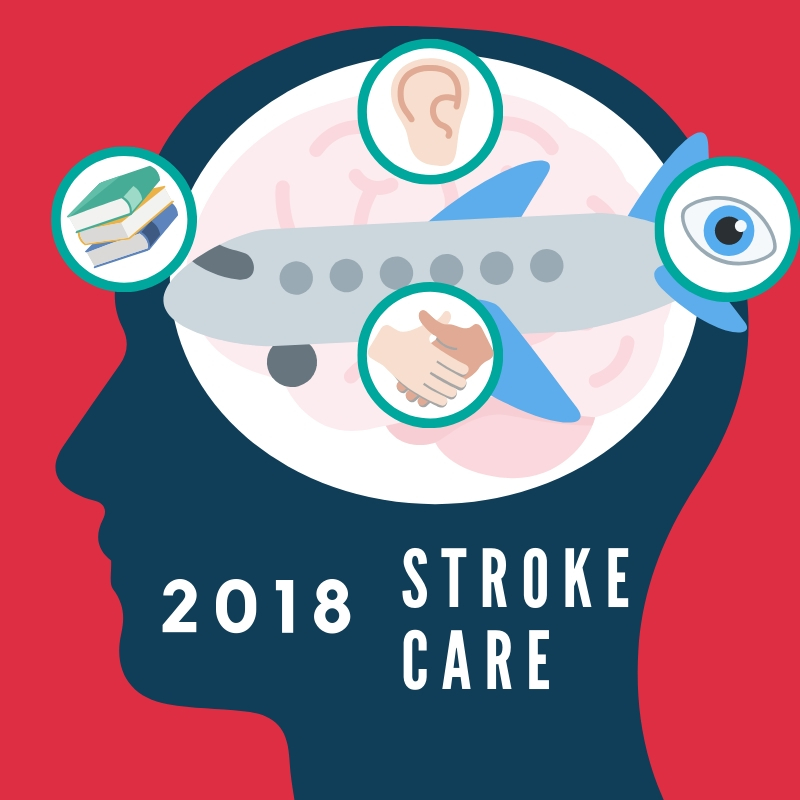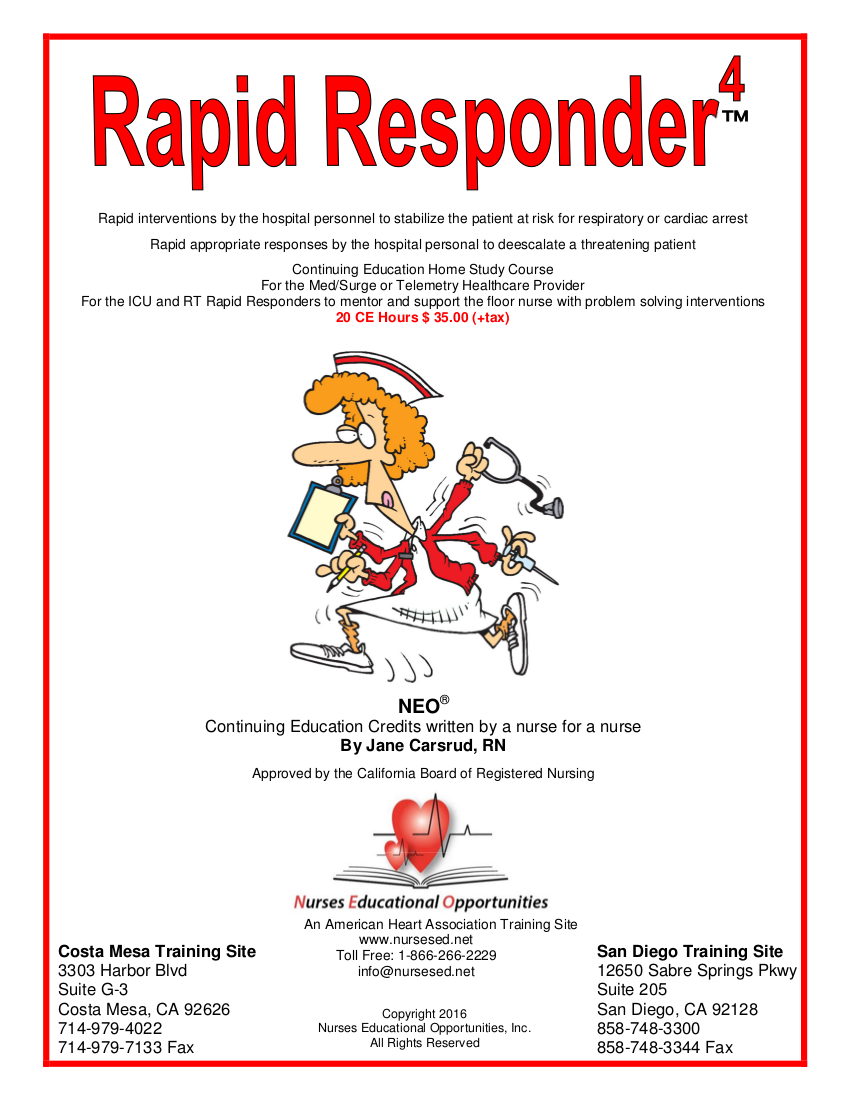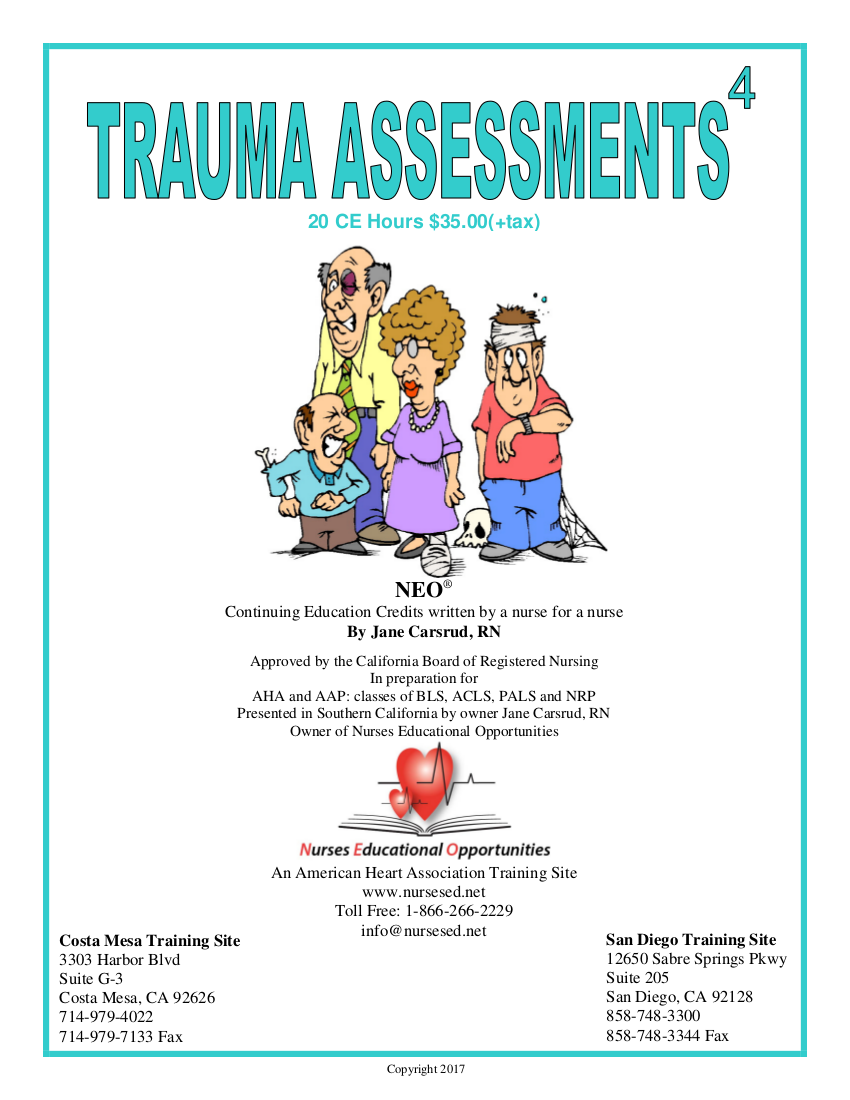
Klebsiella pneumoniae and Healthcare Acquired Infections
Do you know why Healthcare Acquired Infections are on the rise? One reason is Klebsiella pneumoniae.
Actually, Klebsiella pneumoniae CAN be a friendly bacterium, especially to our environment and GI tract; but nurses don’t turn your back! These little capsule wearing, sticky suckers can cause serious havoc to the fragile lungs.
To put it briefly, Klebsiella pneumoniae can be an opportunistic bacterium. In fact, it can cause a dangerous form of bacterial pneumonia in children, the elderly and immunocompromised individuals. Contact with feces allows people to serve as reservoirs and transmit the bacteria from person to person. Under those circumstances, these individuals can become severely ill or die from complications.
So, Nurses wash your hands because we are running out of antibiotics!
Although the percentage of total infections are a mere 8%, the percentage of its resistance to antibiotics is an alarming 29%. In the past, the drug carbapenem treated bacterial pneumonia caused Klebsiella pneumoniae. Yet, as of recent times there has been major difficulties in treating bacterial infections with antibiotics due to RESISTANCE.
Similar to Methicillin-resistant Staphylococcus aureus or MRSA, Klebsiella pneumoniae developed a resistance to carbapenem. Meaning, Klebsiella is becoming harder to kill! Also, we cannot deny the fact that we are truly running out of antibiotics. Moreover, Carbapenem, already being a highly potent, broad spectrum, last-line-of-defense antibiotic is no longer effective against the resistant form. So the question is if most antibiotics are not working then what else do we have? In fact, not all persons infected with Klebsiella pneumoniae have the resistant form of the infection. That’s a relief!
Nurses don’t let this resistant form spread! Help prevent Healthcare Acquired Infections
According to the Centers for Disease Control, the key in treating antibiotic resistant Klebsiella pneumoniae is to identify the resistant strain. Next, applying strict contact precautions can further prevent the spread of infection. Most cases of carbapenem resistant pneumonia caused by Klebsiella pneumoniae were attributed to transmission from patient to patient in the hospital setting. Either carelessness from the healthcare provider or lack of guidelines or strict regulations for patient safety are attributed to the spread of carbapenem resistant Klebsiella pneumoniae.
In conclusion, strict surveillance of the disease combined with strict adherence of hospital protocol can help prevent healthcare acquired infections caused by Klebsiella pnemoniae, among many others.
So Nurses, Gear up- Gloves, Gowns, and Face-mask (if needed), and don’t forget to wash your hands thoroughly!
To further prove our point regarding the rapid spread of antibiotic resistant bacteria check out Stanford’s video on the Evolution of Bacteria on a “Mega-Plate” Petri Dish.
References:
- Case, C.L., Funke, B.R., Tortora, G.J. (2019). Microbiology: An introduction (13th). United States of America. Pearson Education Inc.
- Guidance for Control of Infections with Carbapenem-Resistant or Carbapenemase-Producing Enterobacteriaceae in Acute Care Facilities. (2009). Centers for Disease Control and Prevention. Retrieved from https://www.cdc.gov/mmwr/preview/mmwrhtml/mm5810a4.htm




2 Comments
Pingback:
Pingback: